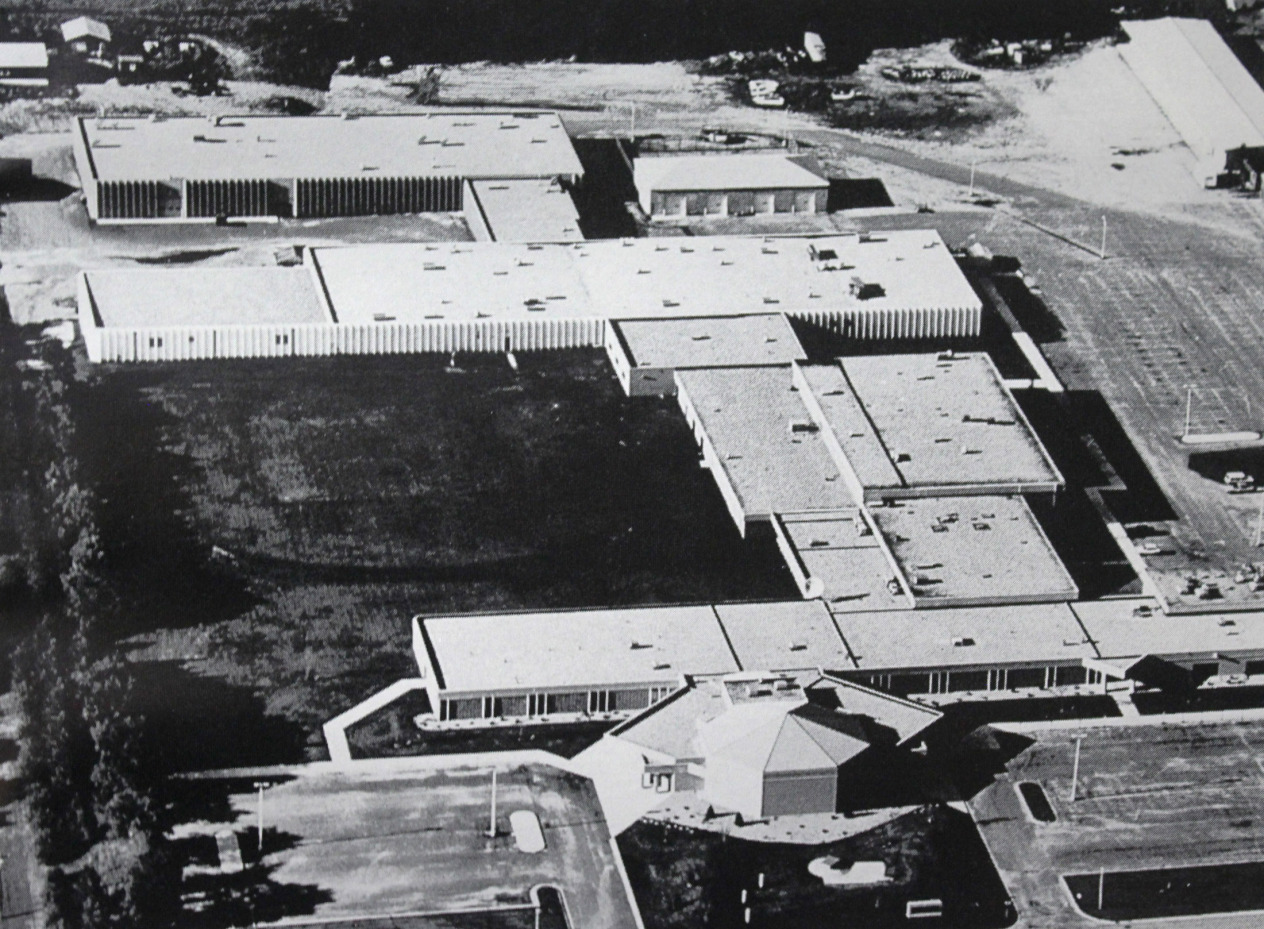Title
Liberal Arts and Sciences
About this program
About this program
The Associate in Arts is a liberal arts degree that includes the first two years of most bachelor's degrees and is designed for transfer to a four-year university. Students who complete M State's Associate in Arts degree, which includes the Minnesota Transfer Curriculum, are assured of a smooth transfer into Minnesota State Colleges and Universities system institutions as well as into specific majors at all the campuses of the University of Minnesota.
Associate of Arts (AA) - 60 credits
Program outcomes
- To develop writers and speakers who use the English language effectively and who read, write, speak and listen critically. As a base, all students should complete introductory communication requirements early in their collegiate studies. Writing competency is an ongoing process to be reinforced through writing-intensive courses and writing across the curriculum. Speaking and listening skills need reinforcement through multiple opportunities for interpersonal communication, public speaking, and discussion.
- To develop thinkers who are able to unify factual, creative, rational, and value-sensitive modes of thought. Critical thinking will be taught and used throughout the general education curriculum in order to develop students' awareness of their own thinking and problem-solving procedures. To integrate new skills into their customary ways of thinking, students must be actively engaged in practicing thinking skills and applying them to open-ended problems.
- To improve students' understanding of natural science principles and of the methods of scientific inquiry, i.e., the ways in which scientists investigate natural science phenomena. As a basis for lifelong learning, students need to know the vocabulary of science and to realize that while a set of principles has been developed through the work of previous scientists, ongoing scientific inquiry and new knowledge will bring changes in some of the ways scientists view the world. By studying the problems that engage today's scientists, students learn to appreciate the importance of science in their lives and to understand the value of a scientific perspective. Students should be encouraged to study both the biological and physical sciences.
- To increase students' knowledge about mathematical and logical modes of thinking. This will enable students to appreciate the breadth of applications of mathematics, evaluate arguments, and detect fallacious reasoning. Students will learn to apply mathematics, logic, and/or statistics to help them make decisions in their lives and careers. Minnesota's public higher education systems have agreed that developmental mathematics includes the first three years of a high school mathematics sequence through intermediate algebra.
- To increase students' knowledge of how historians and social and behavioral scientists discover, describe, and explain the behaviors and interactions among individuals, groups, institutions, events, and ideas. Such knowledge will better equip students to understand themselves and the roles they play in addressing the issues facing humanity.
- To expand students' knowledge of the human condition and human cultures, especially in relation to behavior, ideas, and values expressed in works of human imagination and thought. Through study in disciplines such as literature, philosophy, and the fine arts, students will engage in critical analysis, form aesthetic judgments, and develop an appreciation of the arts and humanities as fundamental to the health and survival of any society. Students should have experiences in both the arts and humanities.
- To increase students' understanding of individual and group differences (e.g. race, gender, class) and their knowledge of the traditions and values of various groups in the United States. Students should be able to evaluate the United States' historical and contemporary responses to group differences.
- To increase students' understanding of the growing interdependence of nations and peoples and develop their ability to apply a comparative perspective to cross-cultural social, economic and political experiences.
- To develop students' capacity to identify, discuss, and reflect upon the ethical dimensions of political, social, and personal life and to understand the ways in which they can exercise responsible and productive citizenship. While there are diverse views of social justice or the common good in a pluralistic society, students should learn that responsible citizenship requires them to develop skills to understand their own and others' positions, be part of the free exchange of ideas, and function as public-minded citizens.
- To improve students' understanding of today's complex environmental challenges. Students will examine the inter-relatedness of human society and the natural environment. Knowledge of both bio-physical principles and socio-cultural systems is the foundation for integrative and critical thinking about environmental issues.
Accreditation
Minnesota State Community and Technical College is accredited by the Higher Learning Commission, a regional accreditation agency recognized by the U.S. Department of Education. More information can be found at
www.minnesota.edu/accreditation.
